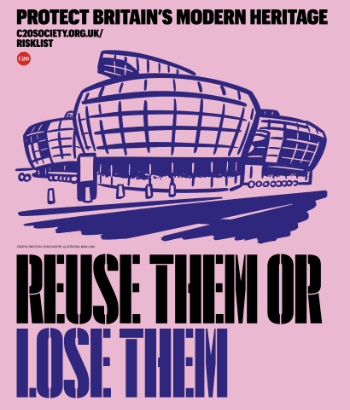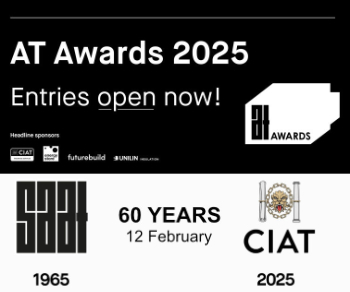Fayol's 14 principles of management
Henri Fayol was a French engineer born in 1894 who worked in the mining industry. He is said to be the father of modern management and his theories and principles are still respected today.
He gained experience working in the mines and improved the company he worked in from verge of bankruptcy to success. He wrote a book ‘General and Industrial Management’ that captures the 14 principles of management that can be used across any industry and which he believes can be taught.
The principles are:
- Division of work - Workers with specialist skills becomes increasingly skilled and more efficient, which can increase productivity.
- Authority and responsibility - Managers must be allowed the authority to give orders but they must be aware of the responsibility that comes with it.
- Discipline - Discipline must be upheld but the methods are flexible.
- Unity of command - Employees should have only one direct supervisor.
- Unity of direction - Teams with the same objective should be working under the direction of one manager, using one plan. This will ensure a well-coordinated execution.
- Subordination of individual interest to the general interest - The team as a whole is more important than the individual, including the manager.
- Remuneration - Fair remuneration will lead to satisfied workers. This might include both financial and non-financial rewards.
- Centralisation - Decision making should be balanced in terms of employee involvement.
- Scaler chain - Employees should be clear of their position concerning the business hierarchy.
- Order - The workplace should be clean, safe and tidy.
- Equity - Managers should maintain fairness to all employees and apply discipline but also kindness.
- Stability of tenure of personnel - Managers should strive to minimise personnel turnover.
- Initiative - Employees should have appropriate freedom to create and carry out plans.
- Esprit de corps - Organisations should strive to promote team spirit, loyalty and unity.
[edit] Related articles on Designing Buildings Wiki
- A new theory for managing large complex projects.
- Code of practice for project management.
- Code of practice for programme management.
- Guide to managing construction projects.
- How to become a construction manager.
- How to manage construction plant.
- Leadership on design and construction projects.
- Leadership styles.
- Lean construction.
- Lean Six Sigma.
- Lean thinking.
- Management structure for construction clients.
- Performance management plan.
- Practice management.
- Relationship management.
- Total quality management in construction.
- Value management.
Featured articles and news
Design and construction industry podcasts
Professional development, practice, the pandemic, platforms and podcasts. Have we missed anything?
C20 Society; Buildings at Risk List 2025
10 more buildings published with updates on the past decade of buildings featured.
Boiler Upgrade Scheme and certifications consultation
Summary of government consultation, closing 11 June 2025.
Deputy editor of AT, Tim Fraser, discusses the newly formed society with its current chair, Chris Halligan MCIAT.
Barratt Lo-E passivhaus standard homes planned enmasse
With an initial 728 Lo-E homes across two sites and many more planned for the future.
Government urged to uphold Warm Homes commitment
ECA and industry bodies write to Government concerning its 13.2 billion Warm Homes manifesto commitment.
From project managers to rising stars, sustainability pioneers and more.
Places of Worship in Britain and Ireland, 1929-1990. Book review.
The emancipation of women in art.
Call for independent National Grenfell oversight mechanism
MHCLG share findings of Building Safety Inquiry in letter to Secretary of State and Minister for Building Safety.
The Architectural Technology Awards
AT Awards now open for this the sixth decade of CIAT.
50th Golden anniversary ECA Edmundson awards
Deadline for submissions Friday 30 May 2025.
The benefits of precast, off-site foundation systems
Top ten benefits of this notable innovation.
Encouraging individuals to take action saving water at home, work, and in their communities.
Takes a community to support mental health and wellbeing
The why of becoming a Mental Health Instructor explained.
Mental health awareness week 13-18 May
The theme is communities, they can provide a sense of belonging, safety, support in hard times, and a sense purpose.
Mental health support on the rise but workers still struggling
CIOB Understanding Mental Health in the Built Environment 2025 shows.
Design and construction material libraries
Material, sample, product or detail libraries a key component of any architectural design practice.
























